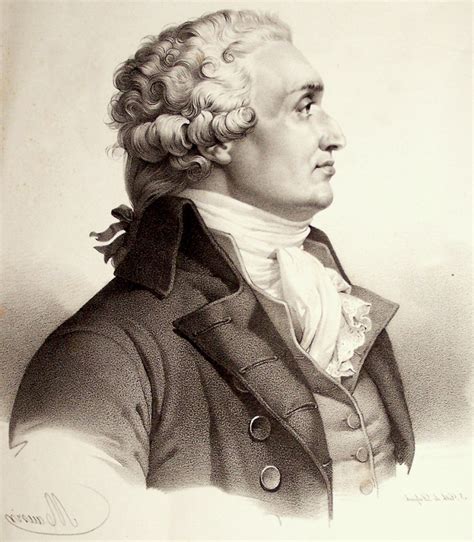A Quote by Plato
Mankind censure injustice fearing that they may be the victims of it, and not because they shrink from committing it.
Related Quotes
There are times when we suffer innocently at other people’s hands. When that occurs, we are victims of injustice. But that injustice happens on a horizontal plane. No one ever suffers injustice on the vertical plane. That is, no one ever suffers unjustly in terms of his or her relationship with God. As long as we bear the guilt of sin, we cannot protest that God is unjust in allowing us to suffer.
The penalty of death is the only one that makes an injustice absolutely irreparable; from which it follows that the existence of the death penalty implies that one is exposed to committing an irreparable injustice; from which it follows that it is unjust to establish it. This reasoning appears to us to have the force of a demonstration.
Men naturally rebel against the injustice of which they are victims. Thus, when plunder is organized by law for the profit of those who make the law, all the plundered classes try somehow to enter, by peaceful or revolutionary means, into the making of laws. According to their degree of enlightenment, these plundered classes may propose one of two entirely different purposes when they attempt to attain political power: Either they may wish to stop lawful plunder, or they may wish to share in it.
We have all had injustice happen to us. It often shapes our failure narrative. For example, maybe you were fired and not you don't trust colleagues as easily in the future. You may not overcome injustice but you need to be aware of how it affects you today. You can't avoid injustice but that doesn't mean you need to be a prisoner of it.









































